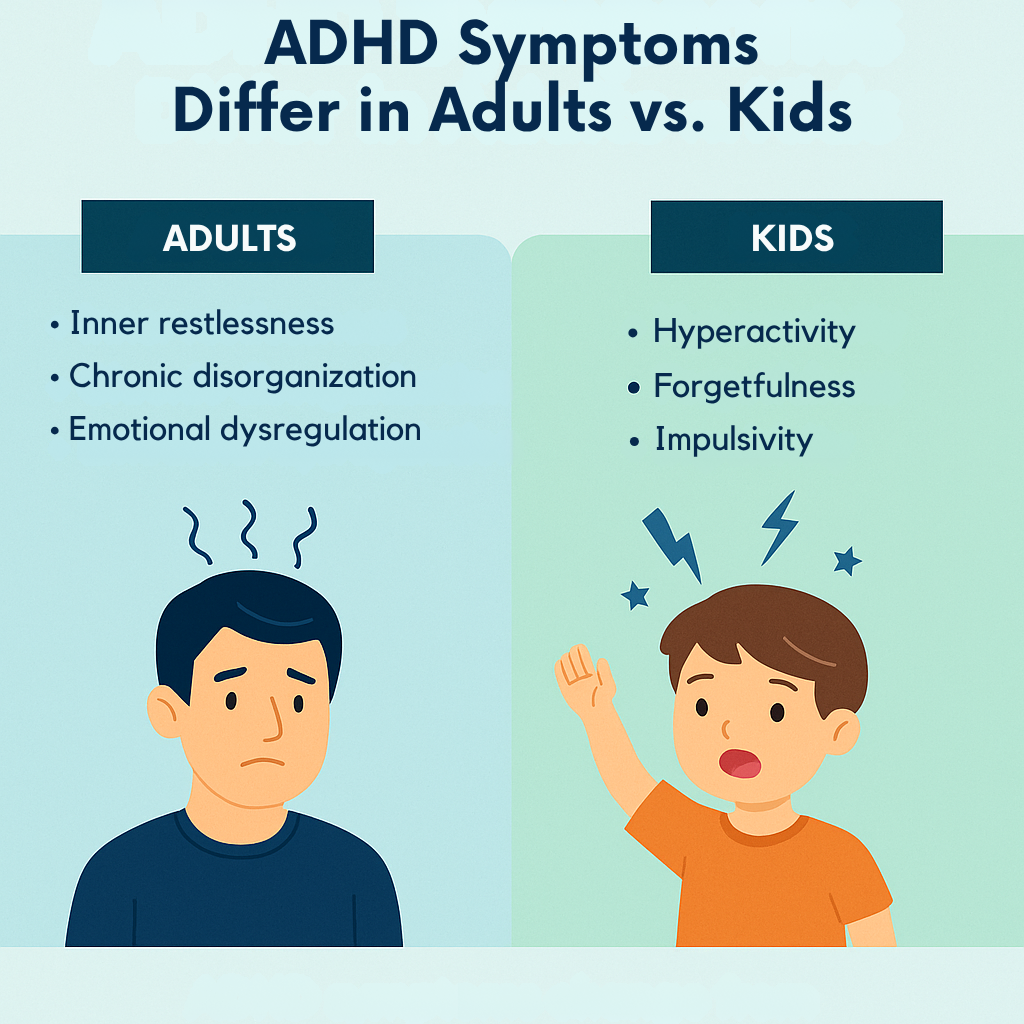Ketamine’s journey from an anesthetic to a pivotal treatment in mental health represents a significant leap in medical innovation. Originally used for anesthesia, ketamine now shines as a ray of hope in treating severe depression, especially where traditional treatments falter. This transformative journey underscores the dynamic evolution of medical therapies, adapting and finding new roles in patient care.
The essence of ketamine therapy lies in its rapid action and effectiveness, particularly in cases resistant to conventional antidepressants. Unlike traditional treatments that may take weeks to show effects, ketamine works swiftly, offering quick relief from depressive symptoms. It’s not just about alleviating symptoms. It’s about fostering new neural pathways—a process central to its efficacy. With the increasing availability of ketamine infusion therapy nearby, it’s becoming a critical option for individuals grappling with profound mental health challenges.
Understanding Ketamine’s Mechanism
Ketamine’s role in depression treatment transcends traditional approaches, primarily targeting the brain’s NMDA receptors. This unique interaction disrupts typical neural pathways, paving the way for rapid changes in mood and pain perception. It’s not just about suppressing symptoms, as ketamine’s real power lies in its ability to facilitate neuroplasticity—the brain’s capability to form new neural connections. This is especially crucial in reversing the effects of treatment-resistant depression, a domain where ketamine for depression has shown remarkable efficacy.
Ketamine’s anti-inflammatory properties offer another dimension to its effectiveness, particularly in chronic pain management. By reducing brain inflammation, it not only eases pain but also alleviates mood disorders. This dual action makes ketamine an innovative and valuable tool in both psychiatric care and pain management, offering new hope where traditional treatments may have fallen short.
Who Benefits Most from Ketamine Therapy?
Ketamine’s breakthrough in mental health has been particularly life-changing for those grappling with treatment-resistant depression. Traditional antidepressants, with their slow-acting mechanisms, often fail to make a dent in this form of depression. In contrast, ketamine treatment acts rapidly, targeting key neural pathways and offering swift relief. Its efficacy isn’t limited to just alleviating symptoms. It’s about fundamentally transforming neural processing, making it a beacon of hope for those who felt they had reached the end of the line with standard treatments.
Individuals suffering from severe anxiety and PTSD also find solace in ketamine therapy near them. The therapy’s ability to foster neural growth and reorganization offers profound benefits, especially for those whose daily lives are crippled by these conditions. Ketamine’s unique action in the brain helps mitigate the intense and often debilitating symptoms associated with severe anxiety and PTSD, providing a pathway to recovery that was previously unattainable for many.
Chronic pain, a condition often intertwined with mental health, is another area where ketamine shows promising results. Traditional pain management strategies sometimes fall short of providing relief, especially in cases of neuropathic pain. Here, ketamine steps in as a viable alternative, offering pain relief by acting on central nervous system pathways. This dual action of addressing both mental health disorders and chronic pain underscores ketamine’s versatility as a therapeutic agent, making it a valuable treatment option in a ketamine clinic setting.
Who Should Avoid Ketamine Therapy?
While ketamine treatment has opened new avenues in mental health care, it’s crucial to understand that this therapy is not universally applicable. Certain conditions and scenarios warrant caution or outright avoidance of ketamine therapy. A notable exclusion is individuals with a history of substance abuse. Given ketamine’s potential for addiction and misuse, those with past substance abuse issues might find this treatment more risky than beneficial. It’s essential for such individuals to evaluate the pros and cons with a healthcare professional before considering ketamine as a treatment option.
People with specific medical conditions also need to exercise caution. For instance, those with uncontrolled hypertension or acute cardiovascular diseases are advised against undergoing ketamine treatment. The drug’s potential effects on blood pressure and heart rate make it a less suitable choice for individuals with these conditions. Moreover, patients with a history of psychotic disorders should approach ketamine therapy with caution, as the treatment might exacerbate these conditions.
Pregnancy is another critical factor to consider. Due to the lack of extensive research on ketamine’s effects on pregnancy and breastfeeding, it is generally recommended that pregnant or breastfeeding women avoid ketamine therapy. This precaution stems from the principle of ‘better safe than sorry,’ ensuring the safety of both mother and child.
Additionally, individuals with certain neurological conditions should also be cautious. For those with a history of seizures or epilepsy, ketamine therapy might pose additional risks. The drug can potentially alter seizure thresholds, leading to increased seizure activity in susceptible individuals. Therefore, a comprehensive neurological evaluation is a critical step before considering ketamine as a potential treatment. As with any medical treatment, it is vital to weigh the benefits against the risks, particularly in cases where neurological health is a concern.
What to Expect During Ketamine Therapy
Ketamine therapy in Sacramento begins with a comprehensive assessment, where medical history and current health status are evaluated to ensure suitability for the treatment. Once cleared, the actual therapy involves a series of ketamine infusions or administrations under clinical supervision. The process, typically lasting about 40 minutes per session, is tailored to individual needs. During the treatment, patients might experience altered perceptions, a common side effect managed by healthcare professionals. Post-therapy, ongoing monitoring, and follow-up sessions are crucial to assess the treatment’s effectiveness and manage any side effects. This careful and systematic approach ensures that each patient receives a personalized treatment plan, maximizing the potential benefits of ketamine therapy.
Your Next Step With Zeam Health & Wellness
As we wrap up this exploration of ketamine therapy, it’s clear that the journey to wellness is both personal and profound. If you’re considering this innovative treatment, Zeam Health & Wellness is here to guide you through every step. With a focus on personalized care and cutting-edge therapy, our dedicated team ensures that each patient’s journey is as unique as their needs. Whether you’re battling treatment-resistant depression, severe anxiety, PTSD, or chronic pain, Zeam Health & Wellness offers a sanctuary for healing.
Remember, the path to wellness begins with that first courageous step. Reach out to Zeam Health & Wellness today and embark on a journey to reclaim your mental health and well-being.




